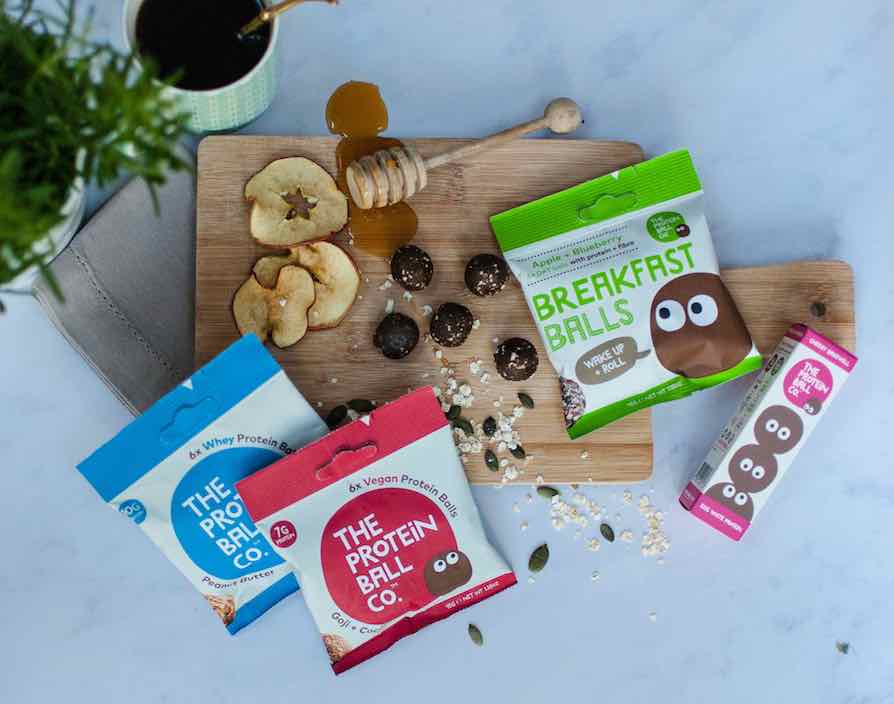There’s a big market for Britain-born brands overseas and, as we slip further into this period of economic bewilderment, it stands to reason they’ll want to capitalise on international appeal. Indeed, a 2018 study of 8,000 global consumers conducted by Barclays revealed 39% of respondents would be more likely to buy a product with the flag emblazoned on it. This appetite for the British banner spiked significantly in markets including India, the UAE and China at 67%, 62% and 61% respectively.
“The picture continues to look positive for Britain’s exporters with international consumers going out of their way to buy British,” said Baihas Baghdadi, the then global head of trade and working capital at Barclays, at the time. “Our research shows that some of the biggest opportunities lie in emerging markets where British craftsmanship is most valued. The prize is substantial and exporters should be looking to highlight the provenance of British products to take best advantage.”
Interestingly, while the nation is known for its love of takeaways and British cuisine conjures up images of fish and chips, pie and mash and roast dinners, the report from Barclays also found food was the most alluring of the nation’s sectors, as respondents would pay up to 22% more for British-made grub. This was followed by the country’s cars on 10% and clothes and alcohol both on 9%. The zest for products from the UK is due to a belief among international consumers that they come with quality, reliability and popularity.
However, where scran is concerned, The Protein Ball Co. is one company in a position that can allow it to prosper. We spoke with the maker of natural protein balls designed for health-conscious snackers as we continue our Brand Britain miniseries – the first part of which saw us speak with the managing director of Timeless Chesterfields, who said: “Bowler hats, cups of tea and red post boxes are all to be celebrated.”
Although based in Sussex, The Protein Ball Co. founder Matt Hunt says that its hand-rolled products went international almost straight out of the starting blocks. “Our products appeal to children and adults alike and contain high levels of natural proteins and fibres,” he tells Elite Global. “We pretty much launched into the UK, Germany and Denmark at the same time. Our business in Germany has always been very strong over the years and export is now over 50% of our business.”
Seemingly Germany is an interesting market for British entrepreneurs in the food and drink sector. In an interview with sister publication Elite Business, Huel founder Julian Hearn revealed how Deutschland caught his eyes when expanding his meal replacement enterprise. “[Germany is] a big country and that was our biggest selling country outside of the UK,” he said at the time.
In order for Hunt to branch out from UK shores, he exhibited The Protein Ball Co. at the International Food & Drink Event in London, which piqued the interests of foreign distributors and it led on from that point on. “We sent samples, arranged a call and over time started trading,” he says matter-of-factly. Unknowingly echoing the sentiments of Barclays’ reports, Hunt opines: “I think international customers know that British products have great quality and innovation behind them. Quite often at a trade show it is the British pavilion which offers the most innovative and contemporary branded products on the market which attracts international buyers.”
In terms of what allows The Protein Ball Co. to stand out, Hunt notes that other protein ball brands in the UK manufacture abroad, which effectively loses that Britishness. “So we’re unique in that everything we do and produce is from one base in Worthing in Sussex,” he says.
A challenge the business does face, however, is finding the right strategy for conquering America as the market is very much a champion of homegrown options. “I find British products sell well in Scandinavia and Germanic markets,” says Hunt. “In the US there’s a big drive for US-made products and so maybe this will go against us with our launch plan.” Cost is also a hurdle The Protein Ball Co. will have to leap across. “Price can be a sticky point,” he adds. “In the UK we’re used to paying higher prices for quality products but in some European markets, prices fluctuate less and so sometimes innovative products have lower rate of sale due to their pricing strategy.”
Offering some words of advice for other British brands looking to go global, Hunt says just using the word “British seems to sell well.” “For example, The Great British Porridge Co and the Great British Biscotti Company are two brands that are export-driven due to the heritage of their names,” he offers. Concluding on where companies should look to, Hunt says: “The Chinese market seems particularly preoccupied with products being made in Britain and if possible it is favourable to use the Union Jack flag on the packaging to highlight this.” ![]()
Share via:








































